Rayyu: Your Global Source for Professional and DJ Power Amplifiers
Rayyu delivers high-performance professional and DJ power amplifiers at factory-direct prices, with worldwide shipping and custom wholesale solutions for businesses and integrators.
 Aug 27,2025
Aug 27,2025 
Rayyu High-Quality Professional Power Amplifiers
Rayyu offers professional power amplifiers at the lowest factory-direct prices, with worldwide shipping and custom wholesale options.
 Aug 23,2025
Aug 23,2025 
Rayyu Professional Power Amplifiers: Powering Premium Audio Performance
Rayyu's FC-A2900 power amplifier provides 300Wx2 professional amplification optimized for conference rooms, featuring robust construction, clear audio reproduction, and reliable thermal management.
 Aug 19,2025
Aug 19,2025 
Rayyu: The Professional Power Amplifier Brand You Can Trust
Rayyu is known for superior sound quality, durability, and cutting-edge technology. Perfect for live sound, studio monitoring, and installations, Rayyu delivers unmatched performance and reliability for audio professionals worldwide.
 Aug 15,2025
Aug 15,2025 
Rayyu Professional Audio Driver Manufacturer
Discover how Rayyu's high-performance amplifiers combine robust power, innovative engineering, and flexible OEM solutions to elevate professional audio systems.
 Aug 09,2025
Aug 09,2025 
How to Choose Amplifier Power?
Explore the role of amplifier power in professional audio systems and the advantages of choosing Rayyu—high efficiency, robust build quality, and customizable solutions for B2B partners.
 Aug 09,2025
Aug 09,2025 
Powering Your Sound System to Perfection
Rayyu professional power amplifiers deliver high-performance audio amplification with robust reliability, perfect for DJ systems, live sound, and commercial installations worldwide.
 Aug 05,2025
Aug 05,2025 
Rayyu Professional Power Amplifiers: High-Quality Audio Solutions
Rayyu FC-A6850 is a high-performance professional power amplifier designed for demanding audio applications, delivering powerful, clean sound with robust reliability for live events and installations.
 Aug 01,2025
Aug 01,2025 
Rayyu Professional Audio: Your Trusted Partner for High-Performance Power Amplifiers
Rayyu is a leading Chinese manufacturer specializing in high-performance professional power amplifiers and customized audio solutions, offering reliable OEM/ODM services for global distributors and system integrators.
 Jul 28,2025
Jul 28,2025 

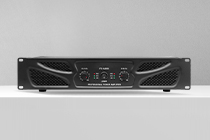
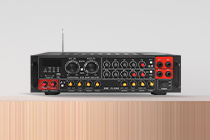
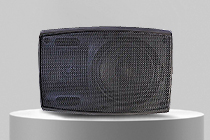


 Home
Home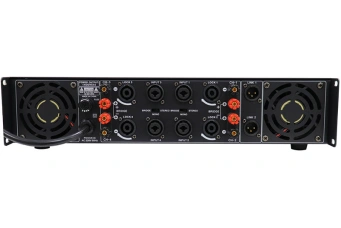
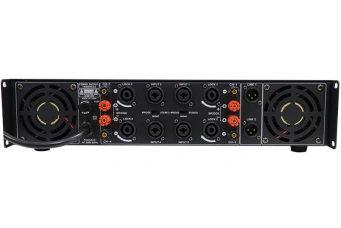
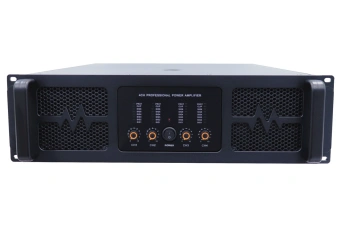
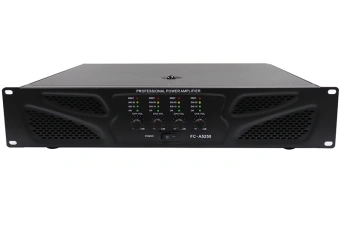
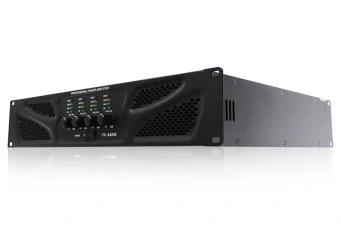
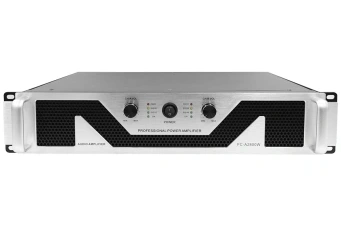
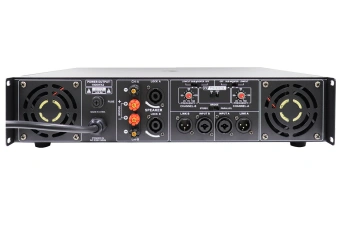
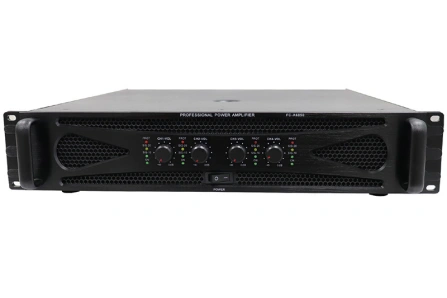
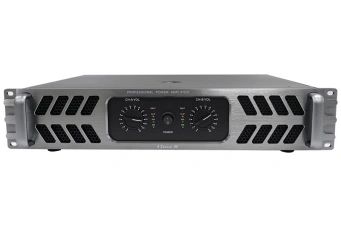

 You May Also Like
You May Also Like
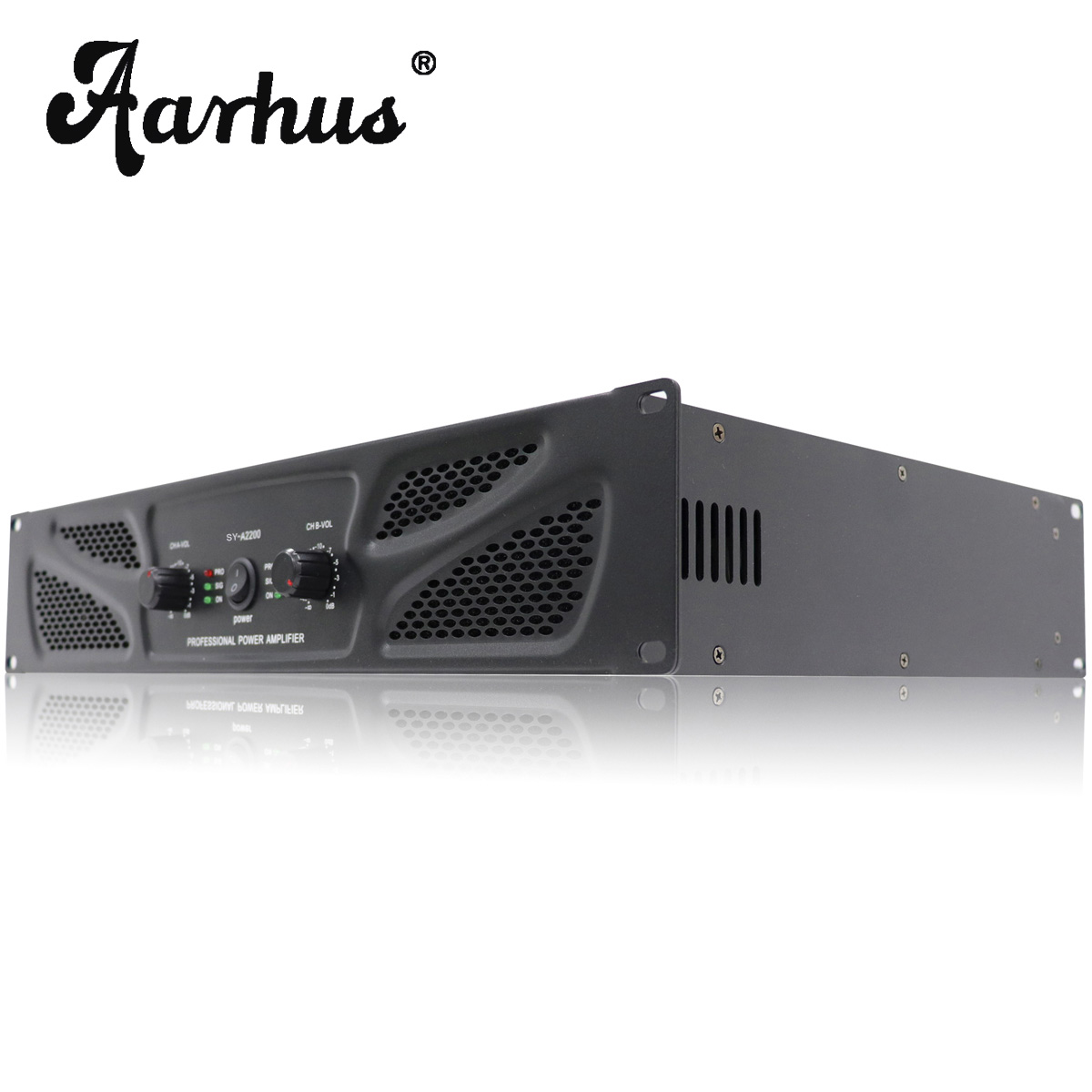

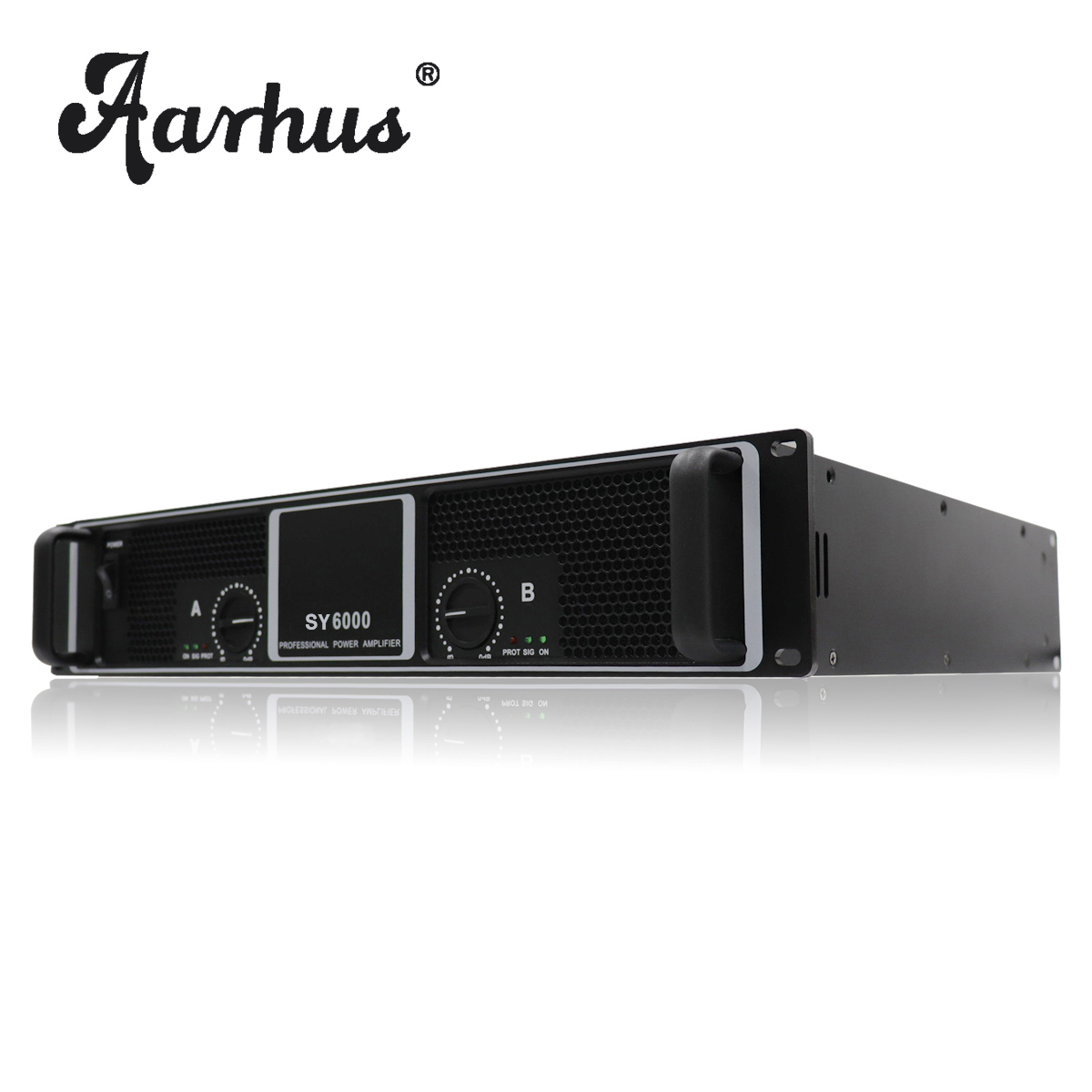
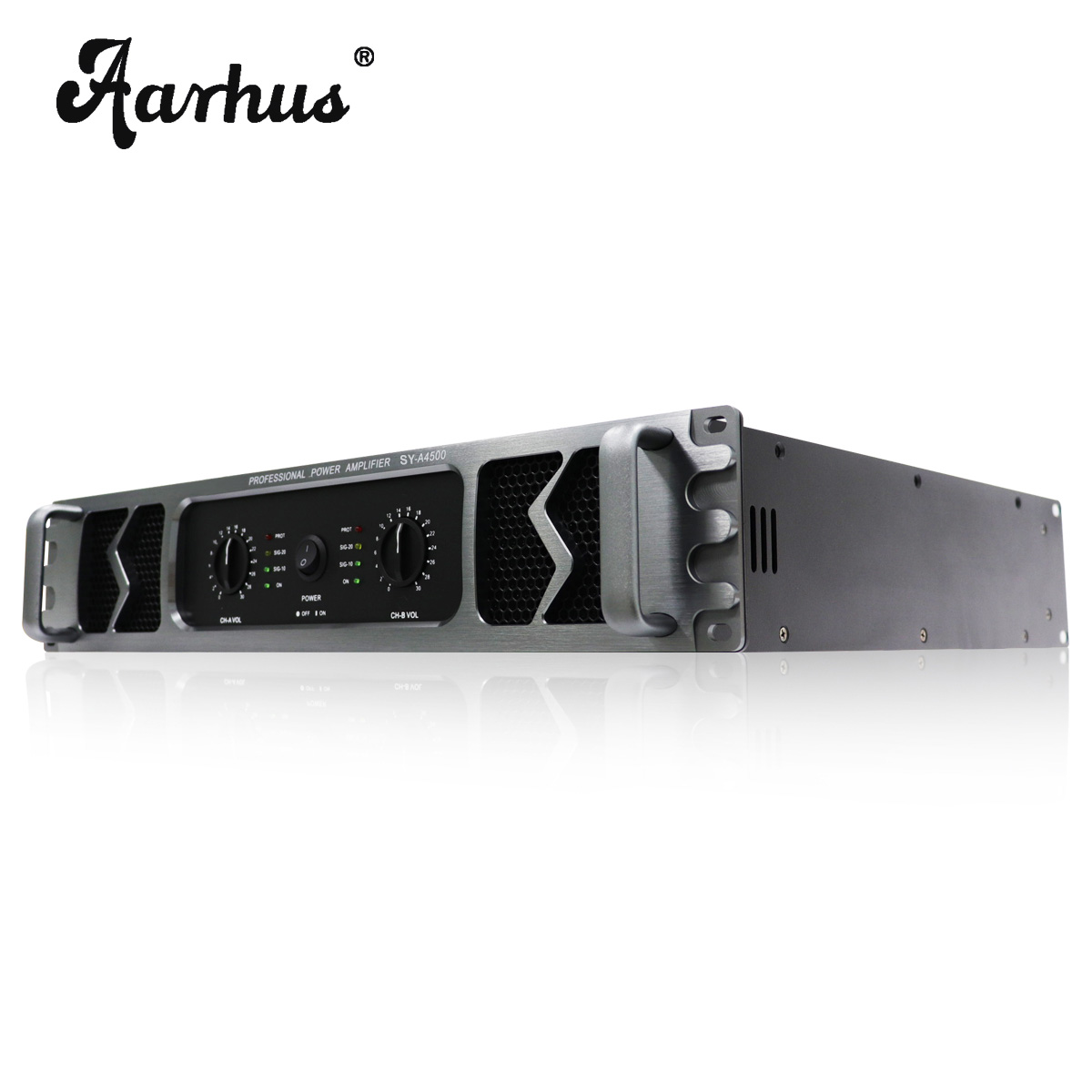
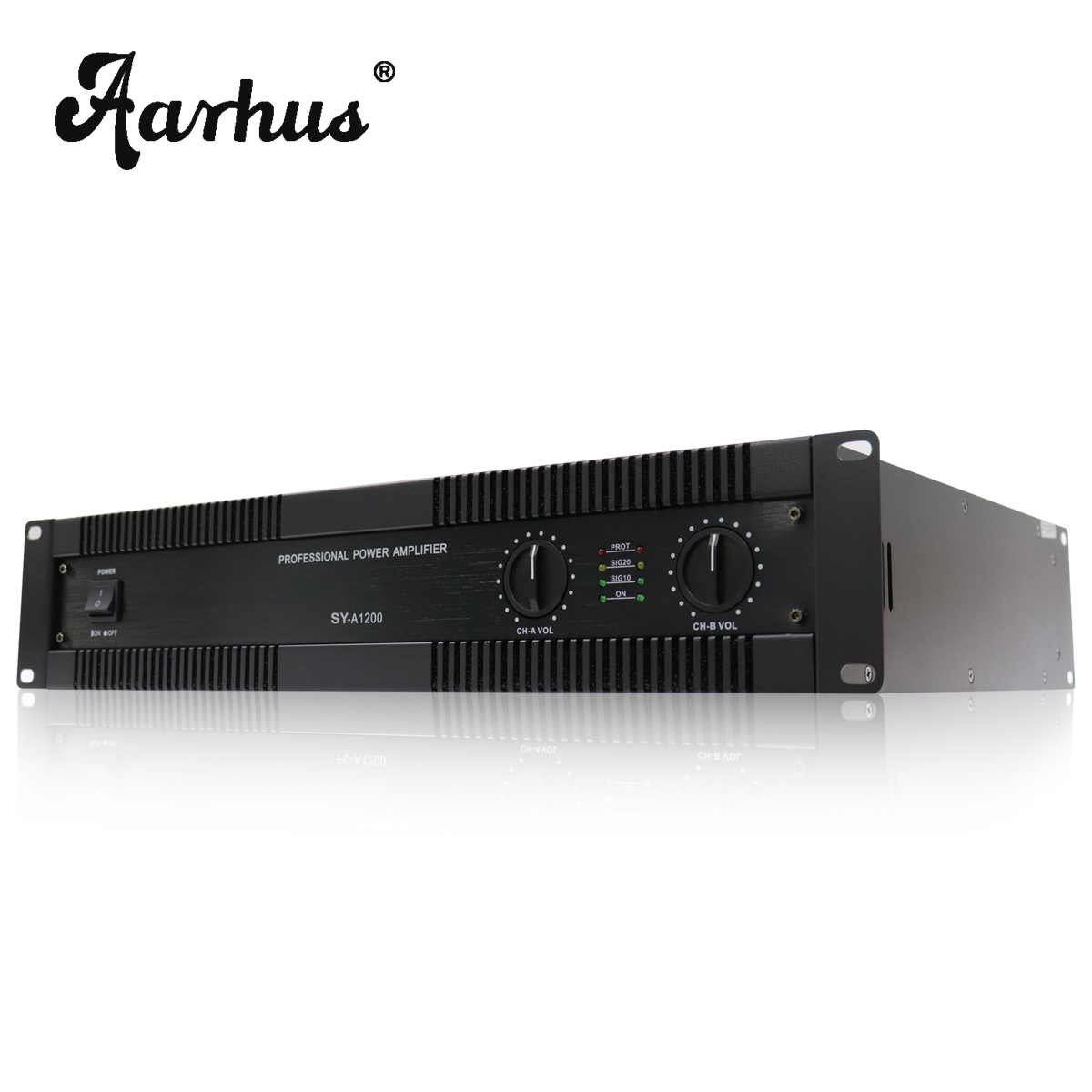
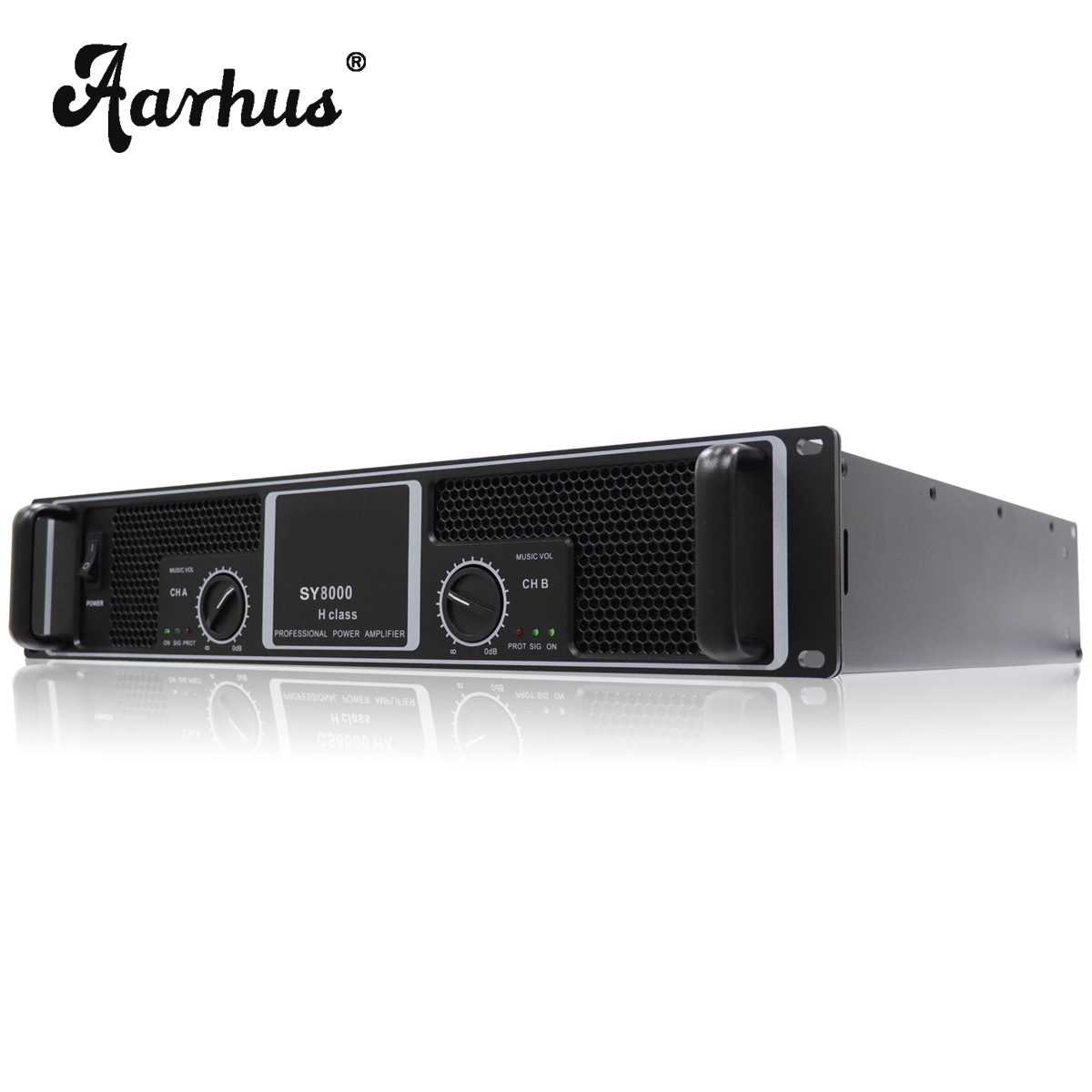
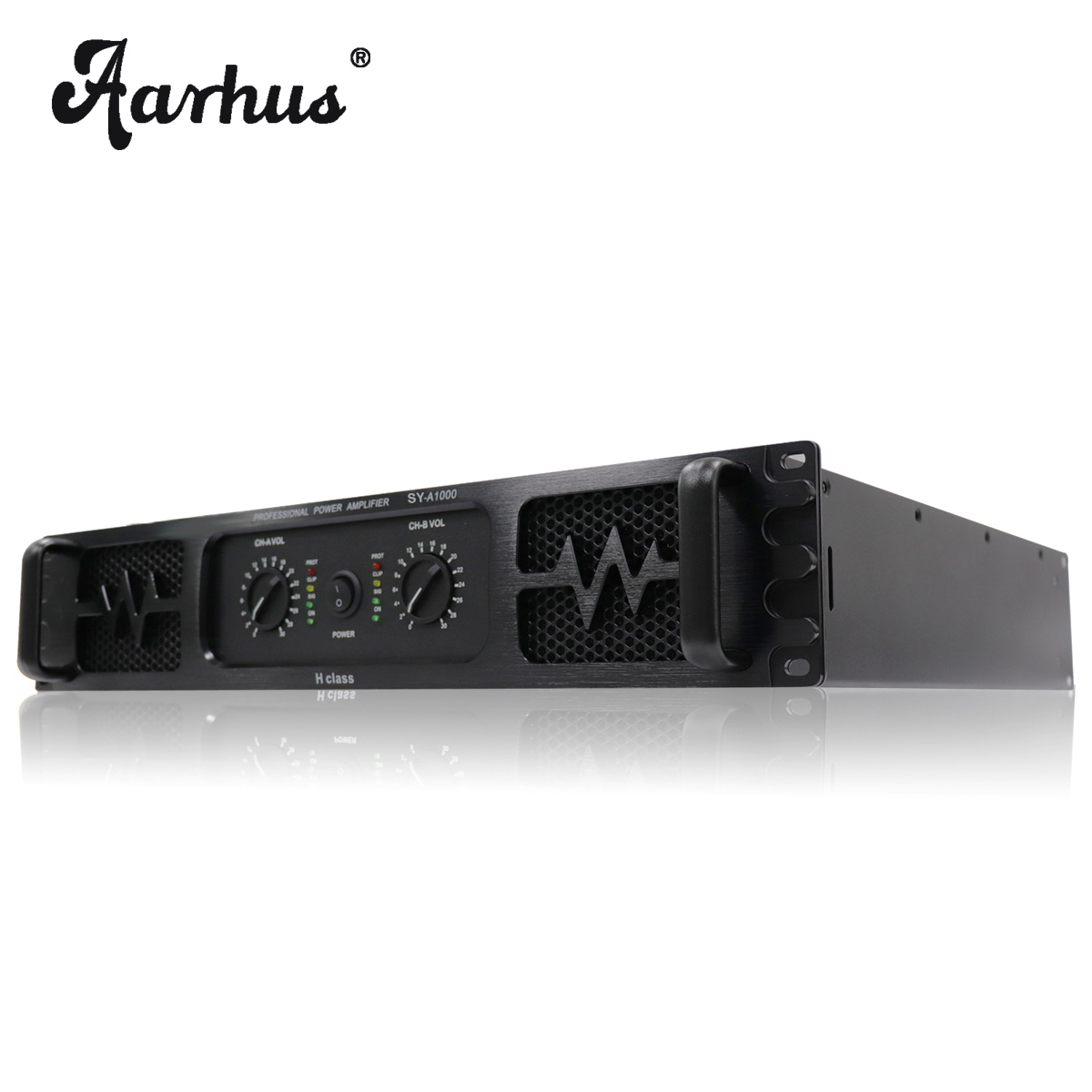
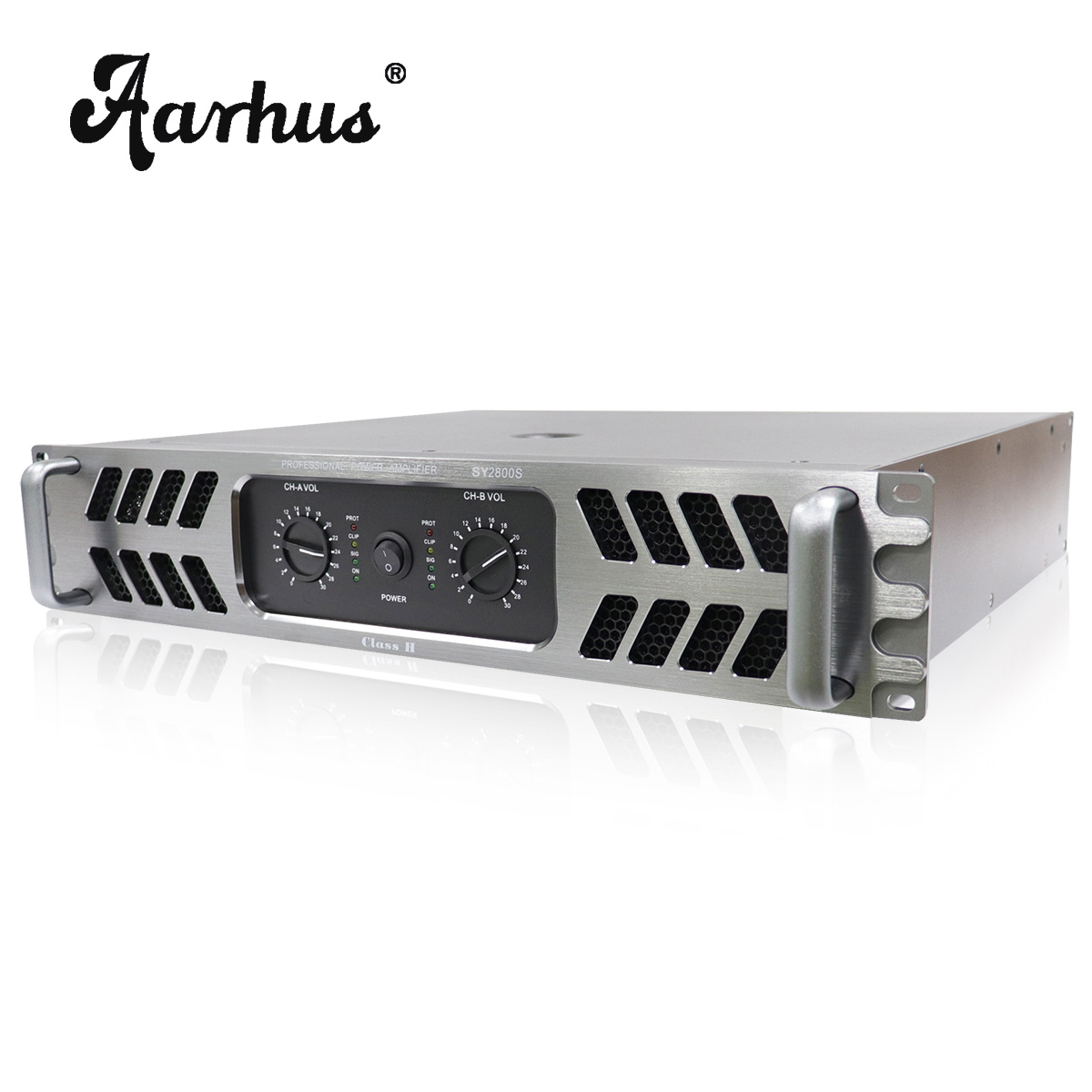
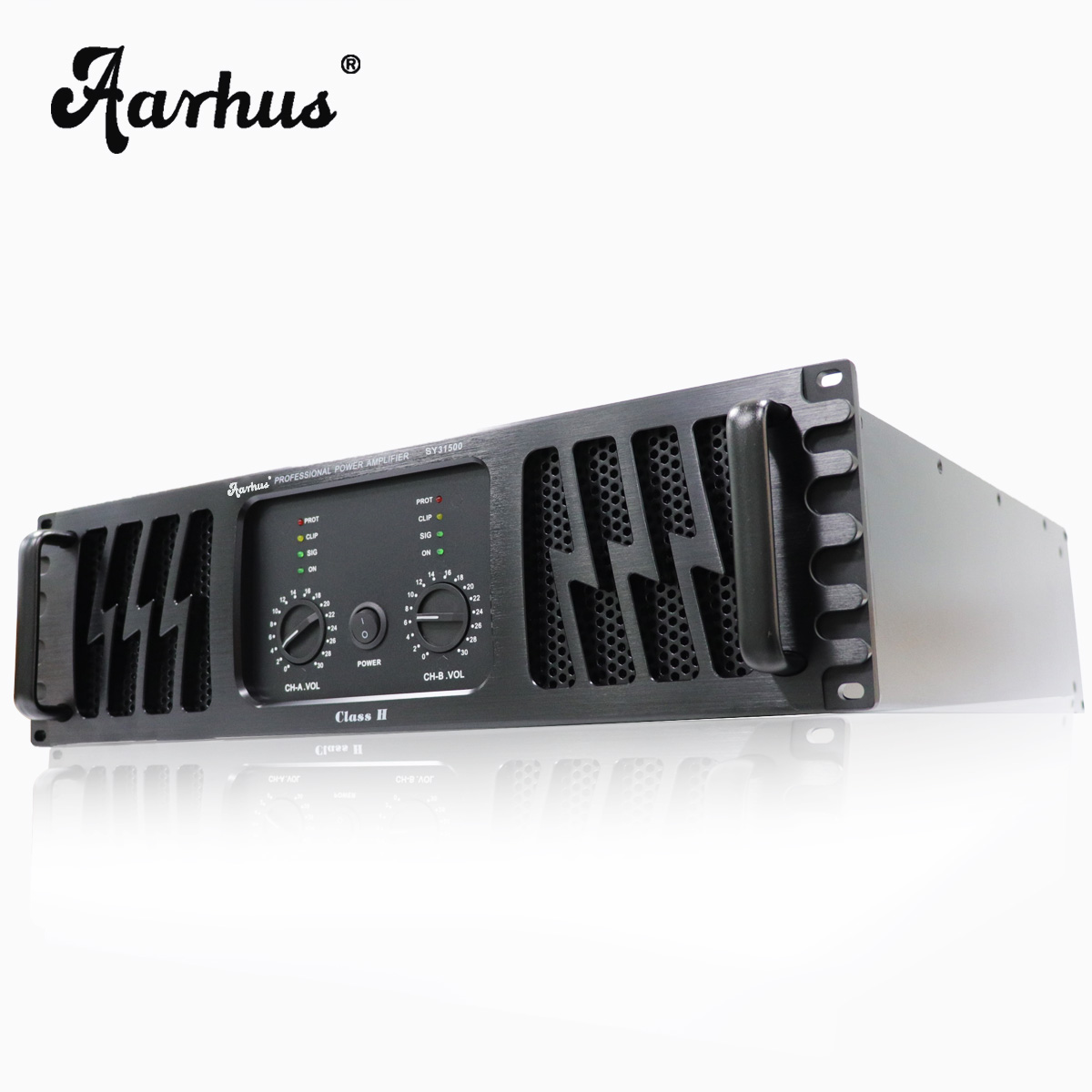

 Tel
Tel
 Email
Email
 Address
Address











